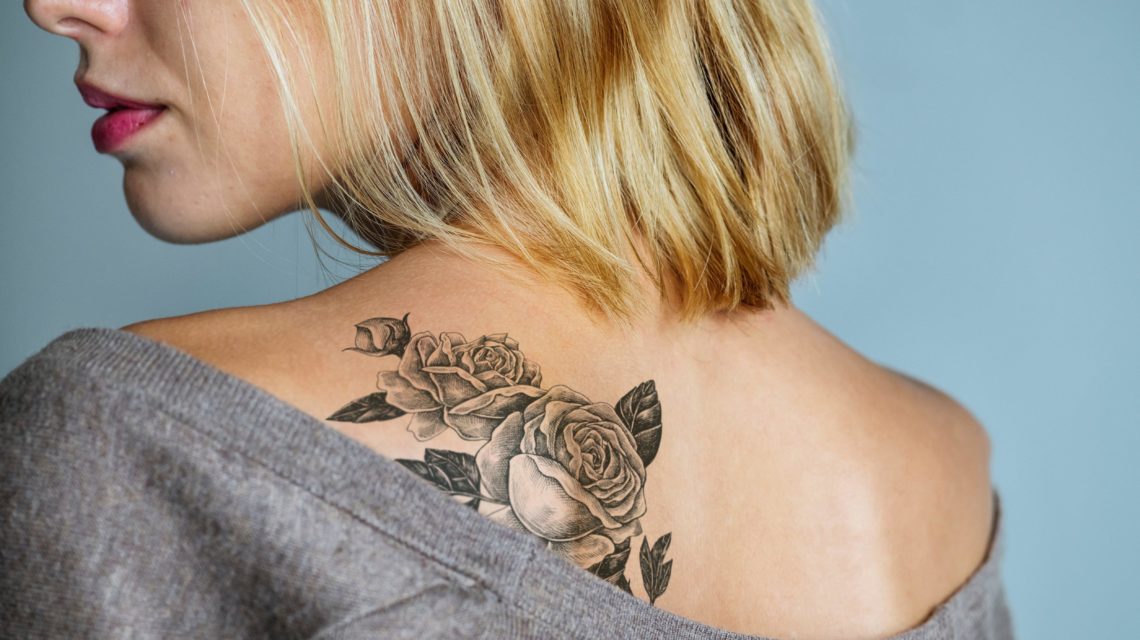Research, published this month in the journal Human Relations, surveyed more than 2,000 people and found that the inked were just as likely to be employed and to earn as much as those without tattoos.
A new study on tattoos at work reaches a conclusion some might find surprising: No one seems to mind.
The research, published this month in the journal Human Relations, surveyed more than 2,000 people and found that the inked were just as likely to be employed and to earn as much as the uninked, regardless of the number, visibility or offensiveness of their tattoos.
That was a surprise to the study authors, as previous research has found that hiring managers widely perceive people with tattoos to be less employable than those without, even in recent years when the popularity of tattoos has surged. That negative perception is driven in part by other research that has found customers frown upon being served by or buying from people with tattoos, which years ago were associated with countercultural delinquents.

(Shutterstock)
“We thought with this new information we are certainly going to uncover some discrimination,” said lead author Michael French, professor of health economics at University of Miami Business School.
But the study found no adverse employment outcomes for the tattooed, regardless of whether they were men or women, blue-collar or white-collar workers, in management or not. In fact, having one or more tattoos was associated with slightly higher employment and more hours worked, the study found.
The results suggest negative perceptions of tattoos don’t play out in actual hiring decisions, or that workplaces are embracing tattoos’ evolution from symbols of rebellion to expressions of creativity and commemorations of life events, French said.
“This is a healthy and common form of expression,” said French, 57, who has a colorful arrow on his forearm and numerous other tattoos, all of which he got over the past decade. Workplaces that ban tattoos are at a competitive disadvantage, he added, because they miss out on good people.
Tattoos have become much more prevalent and visible in recent years, moving far beyond the subtle butterfly on the ankle to full sleeves and neck tattoos.
Thirty percent of Americans had at least one tattoo in 2015, up from 20 percent four years earlier, according to the most recent Harris polls available. Seventy percent of people with tattoos had more than one.
Nearly half of millennials are tattooed, compared with 13 percent of baby boomers, the poll found. A third of 40-somethings had tattoos in 2015, up from 14 percent in 2003, changing what it looks like to be middle aged.
The ubiquity is such that, in a rare moment of unity, Republicans are as likely as Democrats to be inked.
Tattoos still carry some stigma. Nearly 30 percent of adults without tattoos think those with are less intelligent.
Still, most people surveyed shrugged their shoulders at tattooed professionals.
More than 60 percent said they were comfortable with their banker or doctor having tattoos. More than 70 percent of parents said they were comfortable with tattoos on camp counselors and teachers. Attitudes were starkly divided along generational lines. Half of millennials feel “extremely comfortable” with a tattooed judge, compared with 15 percent of people over 70.
Whether the embrace of tattoos will change as tastes shift or taut millennial skin ages remains to be seen; 23 percent of the tattooed survey respondents said they regretted their ink.











